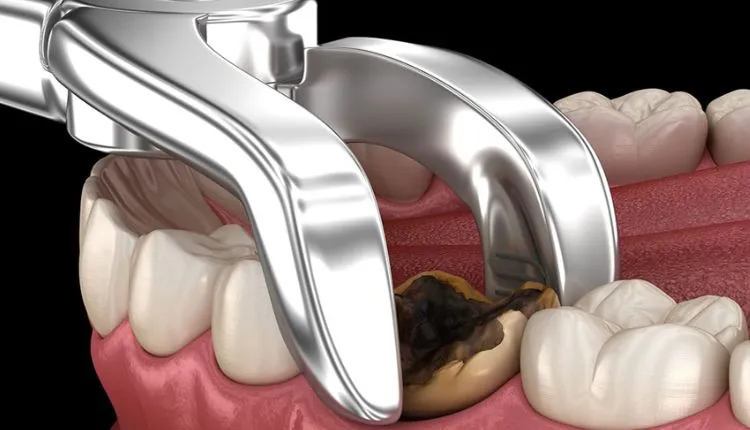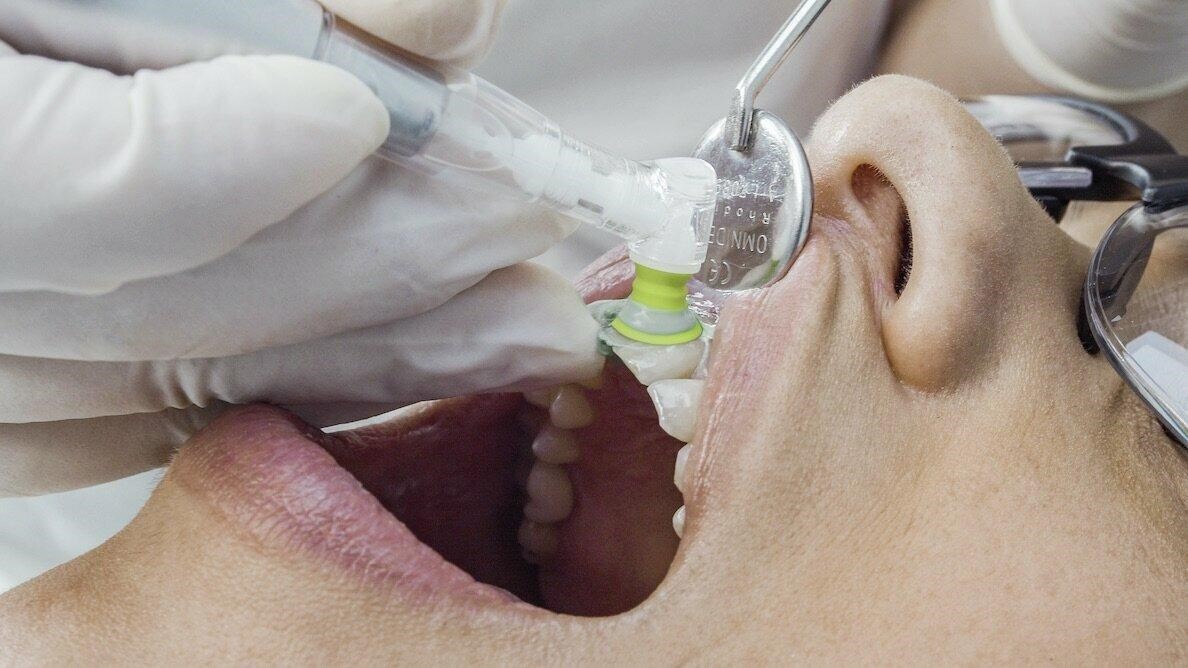
Wisdom Teeth Removal: Procedure & Recovery
All of us have our share of medical procedures, but there are few more unnerving than wisdom teeth removal. It’s a common oral surgery procedure that is often performed by an oral surgeon or periodontist and sometimes your dentist in cases where the wisdom tooth extraction is relatively simple. Here’s what you need to know about wisdom tooth removal:
Wisdom Tooth Removal Overview
Wisdom teeth, like other teeth, are just as prone to cavities and gum diseases. Distant from efforts for their cleaning and care, these erupted third molars cause overcrowding or impacted teeth in the mouth. Wisdom tooth extraction is required when occurring such dental problems due to its improper eruption or alignment within the jaws. The procedure generally requires local anesthesia, but sometimes general anesthesia may also be given depending upon the degree of complexity or amount of distress caused due to eruption or positioning of the tooth inside its socket.
Recovery after Wisdom Tooth Removal
Once you get home after getting your wisdom tooth removed, recovery is key for a smooth process without any complications in post-operative healing – both physical as well as psychological. Ensure that instructions are followed diligently after getting discharged from the hospital; this should include complete avoidance of eating solid food through the initial days post-surgery.
while complete abstention from activities like exercising, scrubbing the mouth with a brush and spitting out water should be observed until substantial healing occurs at the place where incisions were made. You can use hot compresses if feeling discomfort along with prescribed medications for relief from pain and swelling (if occurring). In case you experience sharp pain accompanied by fever during recovery period, contact your dentist immediately for necessary attention before things aggravate.
Preventive Measures to Take Before and After Removing a Wisdom Tooth
The most important thing before undergoing wisdom tooth removal procedure is diagnosis – always visit a certified dental practitioner who will explain through radiographic images combined with clinical examination regarding elements such as position and angulations occurring due surging of your third molar so that proper treatment plan can be executed accordingly with elimination of future malpositioning risks associated with adjacent teeth.
Post-operatively observe preventative measures that includes mindful selection of diet based on soft foods only during initial stages aiding quick recovery minus any infections arising due to poor hygiene practices. Wisdom teeth removal is a common dental procedure that many will have experience during their lifetime. Knowledge about the process can help to calm any anxieties you may have about having your wisdom teeth removed by a qualified professional. Here’s what you need to know before getting your wisdom teeth removed:
Understand the Risks and Benefits of Removing Your Wisdom Teeth
It is important to be aware of both the risks and benefits associated with having your wisdom teeth removed. In some cases, keeping wisdom teeth may be sufficient if they remain healthy, whereas in other cases it may be necessary to remove them for dental hygiene or medical reasons. Be sure to discuss these issues with your dentist before making any decisions.
Schedule a Consultation with an Oral Surgeon
Your first step should be to schedule a consultation with an oral surgeon who is experienced in performing extractions on wisdom teeth. This meeting will allow the specialist to get an overall view of your current oral health and determine whether or not surgery will be necessary for removing the offending tooth/teeth.
Prepare for Surgery
Before having your wisdom teeth removed, make sure you take time to prepare both physically and mentally for the procedure. Talk to your dentist about what kind of pain relief might be available – local anesthesia injections are usually recommended as they provide maximum control over pain while affording minimal risk of side effects compared with general anesthesia medications. Make sure that you also stock up on soft foods like pudding, applesauce and ice cream as they’ll be easier on your mouth when recovering from surgery than crunchy snacks and hard-to-chew foods.
Follow Aftercare Advice Closely
Be sure to follow all instructions given by your oral surgeon closely once it comes time for aftercare. Guidelines typically involve maintaining good oral hygiene practices such as regularly rinsing with warm salt water or anti-bacterial mouthwash, taking pain relievers according to package directions (if prescribed), eating only soft foods and avoiding contact sports or strenuous activities until fully healed. Additionally, call up for appointments for regular checkups every six months or so depending on how well recovery progresses after surgery – this way, potential problems can be detected early and addressed quickly before major complications arise later down the line.




